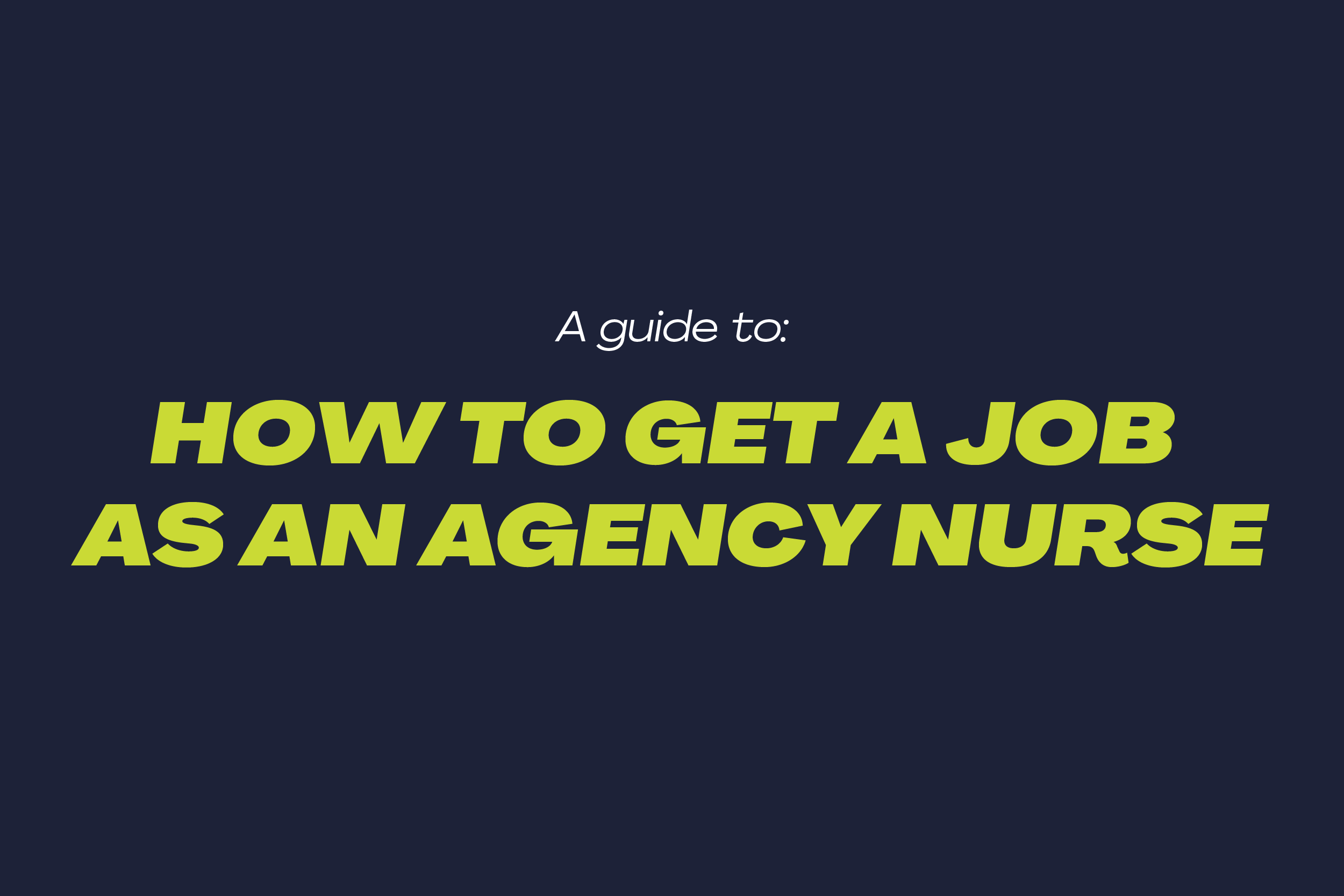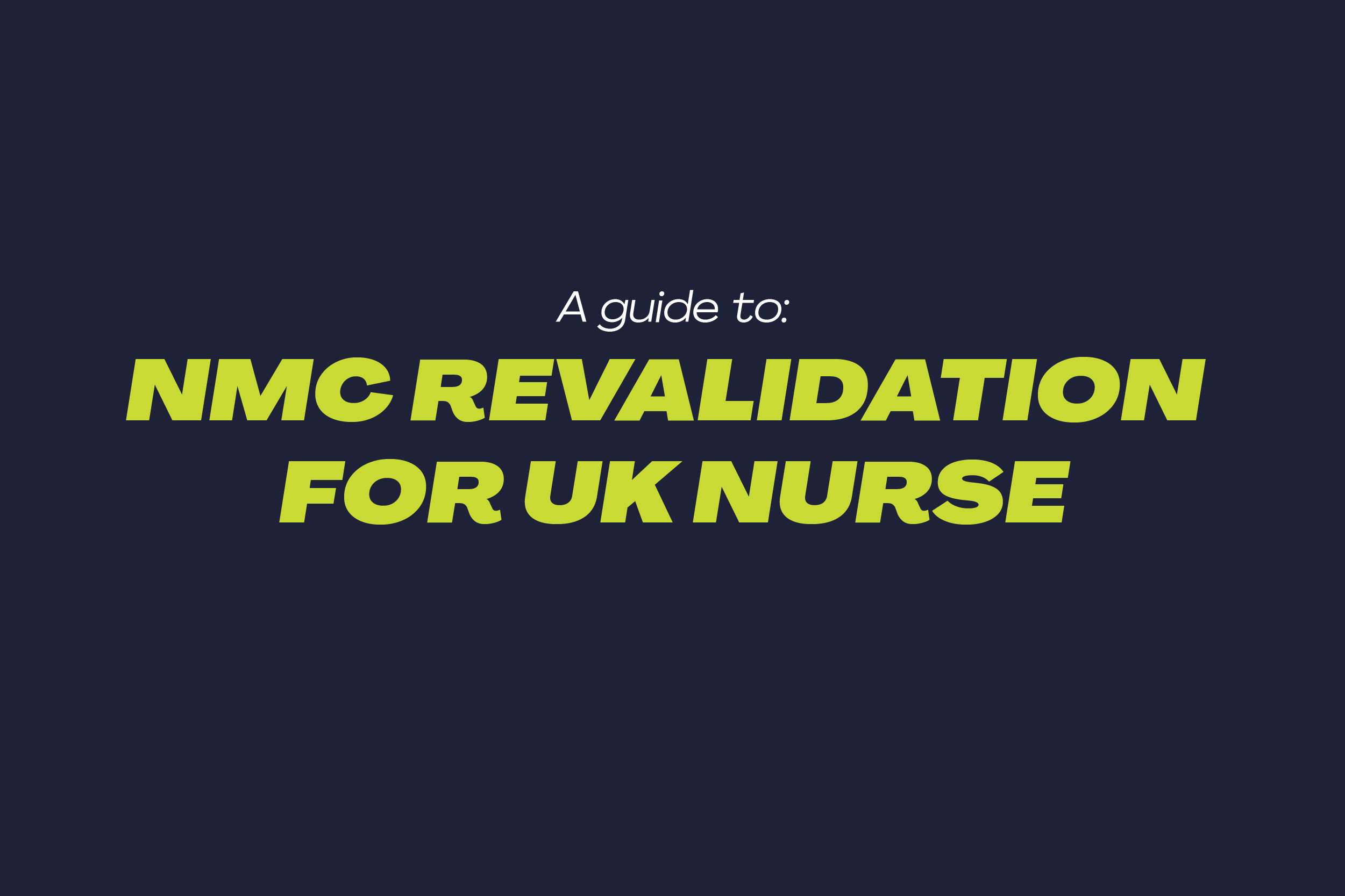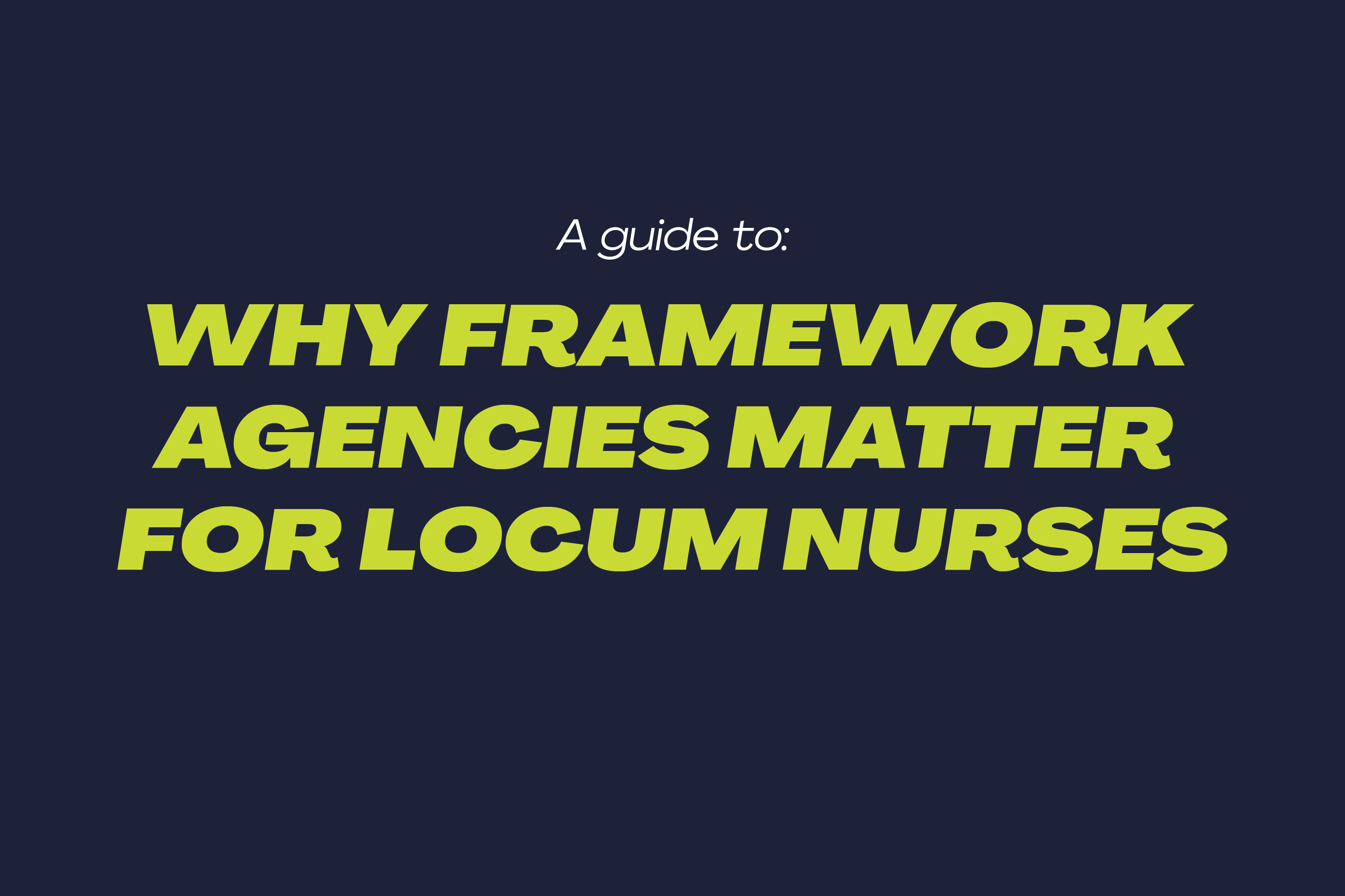On World Patient Safety Day, the focus is on a single, powerful idea: preventing avoidable harm to patients. A mission that requires the dedication of every person in the healthcare system. At Your World, we believe this mission is a shared responsibility, and every professional we place, from nurses and AHPs to the vital non-clinical staff, is a patient safety champion.
This guide will show you how your role, no matter what it is, is essential to creating a safer world for patients. It's also a great way to understand how Your World's commitment to compliance and quality helps you be the best at what you do.
Frequently Asked Questions
What is the role of a recruitment agency in ensuring patient safety?
A recruitment agency like Your World acts as a critical quality gate. We are responsible for rigorous vetting, credential verification, and compliance checks to ensure that every professional we place, from nurses to non-clinical staff, is not only qualified but also a safe, reliable addition to a healthcare team.
How does Your World verify a candidate’s commitment to patient safety?
How do you find a nursing job with a focus on patient safety?
How do AHPs contribute to patient safety?
How do non-clinical staff ensure patient safety?
Article Breakdown
How do Nurses Contribute to Patient Safety?
What is the Role of AHPs and HSS in Patient Safety?
How do Non-Clinical Staff Contribute to Patient Safety?
The Role of Compliance in Patient Safety
Your World’s Commitment to Patient Safety
How do Nurses Contribute to Patient Safety?
Registered Nurses are the very heart of patient safety. The Nursing profession ranges from Mental Health Nurses, through to Primary Care and Chemotherapy Nurses, and everyone in between.
As the professionals who spend the most time with patients, their vigilance is crucial. They are often the first to notice changes in a patient's condition. They detect potential errors, raise concerns about systemic issues and support patients and their families.
- Vigilance and Assessment: Nurses are experts in observing patients and identifying subtle changes that could signal a high risk problem. This could be anything from a change in a patient's breathing to a small skin colour change that might show a pressure ulcer.
- Medication Management: Administering the right medication, at the right dose, to the right patient is a critical nursing responsibility. Their detailed knowledge and attention to protocol are key to preventing medication errors. This is a core focus of the World Health Organisation (WHO) Global Patient Safety Challenge: Medication Without Harm.
- Advocacy: A nurse's role as a patient advocate is paramount. They speak up for patients' needs, ensuring that their voice is heard and their safety is prioritised within the healthcare team.
"Patient safety is not just a policy for our nurses, but a core value. By placing highly qualified and compassionate professionals, we are directly contributing to the NHS. Every single day, across the UK, our nurses are on the front line, and their expertise is the first line of defence against harm."
- Sarena Bains, Operations Manager

What is the Role of AHPs and HSS in Patient Safety?
Allied Health Professionals (AHPs) and Health Science Staff (HSS) are often the unsung heroes of patient safety. Their specialised skills and diagnostic capabilities are fundamental to preventing harm and ensuring successful patient outcomes.
- Behind-the-Scenes Expertise: HSS professionals, such as biomedical scientists, maintain the integrity of lab tests and medical equipment. Their work, though not always patient-facing, is a critical layer of protection against diagnostic errors and equipment failure.
- Precision and Prevention: A radiologist provides a clear, accurate diagnosis, helping to avoid misinformed treatment plans. A physiotherapist ensures a patient’s safe mobility after surgery, preventing falls. These roles directly influence a patient's safety through specialised, hands-on care.
- Communication and Collaboration: AHPs work across departments and disciplines. Their ability to communicate complex information, like a speech and language therapist's recommendations for a patient with swallowing difficulties, is essential for a safe, coordinated care plan. The NHS Patient Safety Strategy highlights the importance of a systems approach to communication and learning.
How do Non-Clinical Staff Contribute to Patient Safety?
Every great building needs a strong foundation, and in healthcare, that foundation is built by non-clinical staff. Their contributions are vital to maintaining a safe environment for both patients and staff.
- Data Integrity and Accuracy: A medical secretary or records clerk ensures that patient information is accurate and accessible. An administrative error can lead to a medication mistake or a delayed diagnosis, making their role a crucial part of the safety chain. This aligns with the Care Quality Commission's (CQC) fundamental standards of care that focus on a safe and well-governed service.
- Environmental Safety: Porters, domestic staff, and maintenance teams are responsible for the physical environment. They ensure hospital wards are clean, equipment is functional, and the facilities are safe for everyone who uses them.
- Logistics and Operations: From managing patient flow to ensuring supplies are properly stocked, non-clinical teams keep the healthcare system running smoothly. Their work prevents bottlenecks and delays that could compromise patient care.
The Role of Compliance in Patient Safety
"For a recruitment agency like Your World, patient safety begins long before a professional steps into a hospital. It starts with a rigorous compliance process. Our dedicated compliance team works tirelessly to ensure that every candidate is fully vetted, qualified, and prepared for their role.
Our mission in the compliance team is to act as the first line of defence for patient safety. We ensure that every CV, every reference, and every certification meets the highest standards, so our healthcare partners can have complete confidence in the professionals we provide. This approach is our commitment to a safer healthcare system for everyone.
Compliance isn't about ticking boxes; it's about building trust. We see ourselves as a vital link in the chain of care, and we take that responsibility very seriously."
- Megan Hembury, Head of Compliance

Your World’s Commitment to Patient Safety
At Your World, our promise to patient safety is at the heart of our mission. When you partner with us, you aren't just joining a team; you're joining a movement dedicated to excellence.
We ensure every professional we place is thoroughly vetted and fully compliant, giving them the confidence that they're joining a community of highly skilled and dedicated individuals. Our rigorous process is our way of helping health care professionals provide the safest, highest-quality care possible.
If you are a Nurse, AHP/HSS or Non-Clinical healthcare professional committed to excellence and patient safety, we want to hear from you.
Find your next patient safety-focused role today:
- For Nurses: Explore a wide range of rewarding nursing roles that put patient well-being first.
- For AHPs & HSS: Discover opportunities where your specialised skills make an immediate impact on patient care.
- For Non-Clinical Professionals: Learn how your administrative, support, or operational expertise can be a vital part of improving patient care.
Frequently Asked Questions
What are the key CQC standards for patient safety?
The Care Quality Commission's (CQC) fundamental standards of care require providers to ensure a safe and well-governed service. This includes protecting patients from avoidable harm and making sure staff are competent and well-supported.










